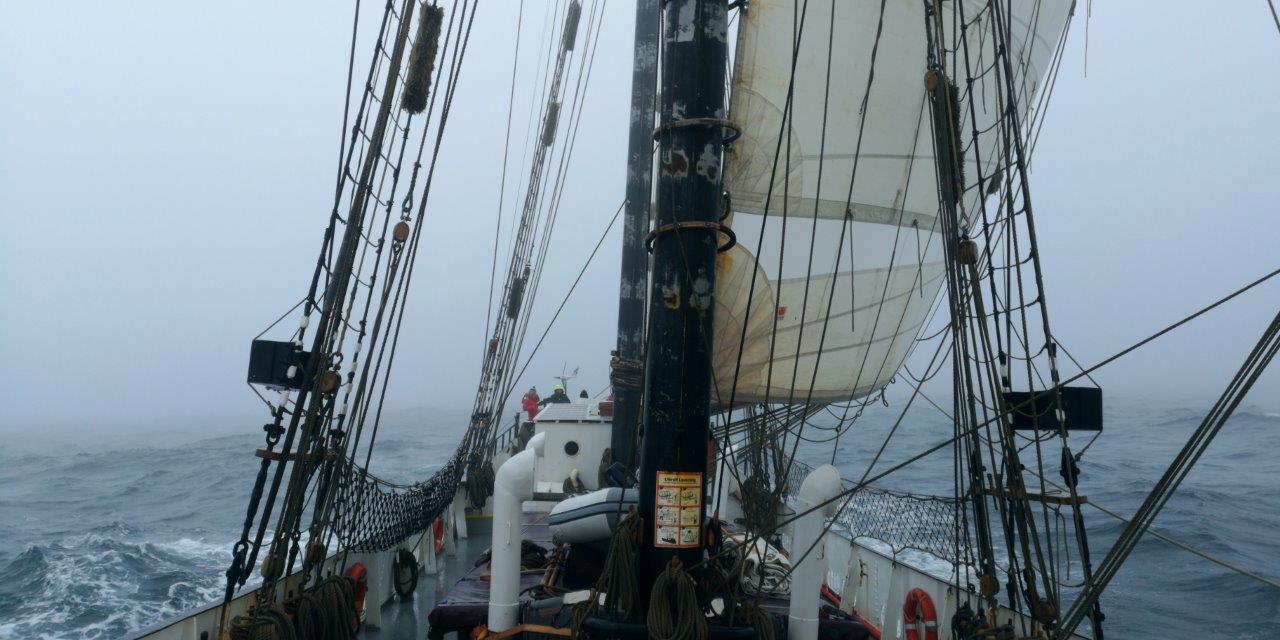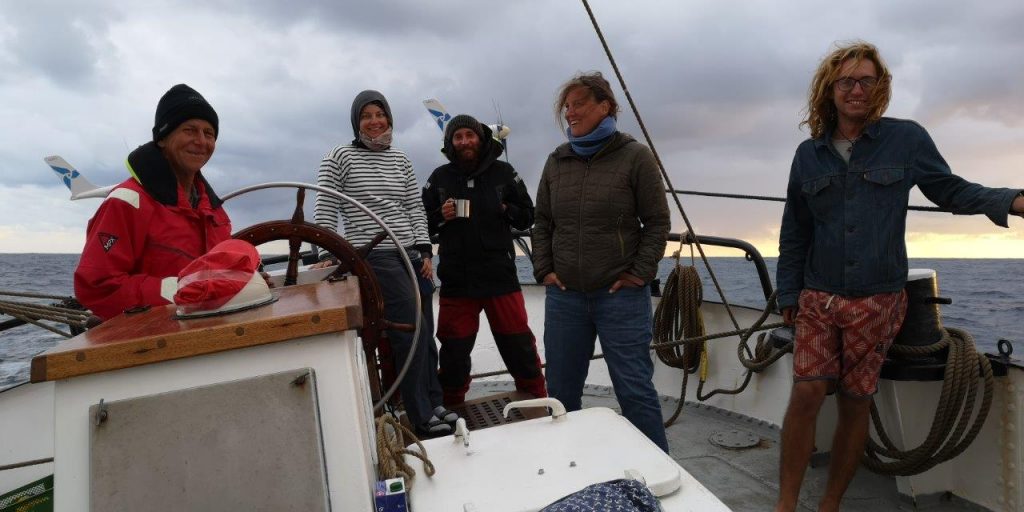Climate Friendly Shipping

TIMBERCOAST is nested in the cargo shipping system, which is in turn nested in the global transportation system. Currently, 90 percent of world trade is carried out by the shipping industry (International Chamber of Shipping 2015).
The issues this industry faces include but are not limited to marine pollution, greenhouse gas emissions, human rights abuses, coastal pollution and the use of non-renewable resources used in the construction of vessels (OECD 2010). The shipping industry emits more GHG per year than Germany, which ranks 6th amongst the largest national polluters (German Watch). Interestingly, Germany aims to cut GHG emissions by 40 percent by 2020 and up to 95 percent in 2050, compared to 1990 levels as per their Paris Climate ratifications (Energiewende Monitoring Report). Oppositely, the International Maritime Organisation (IMO) who did not sign onto the Paris Agreement expects an increase of up to 250 percent of GHG emissions until 2050 should business continue as usual (cf. International Maritime Organization, 2014. pp. 145f).

Photos by Luca Windolph.
The standard guidelines that apply to the emissions of motor vehicles are without comparison at sea. Container ships operate on bunker fuel which is the heavy, residual oil left over after gasoline, diesel and other light hydrocarbons are extracted from crude oil during the refining process. The result is this fuel has hazardous levels of nitric oxide, fine particles, soot and sulphur dioxide which are toxic for humans and aquatic life, with long-lasting effects. The impact these emissions have on human health has been the subject of a study by the Danish ‘Center for Energy, Environment and Health.’ According to their findings, 50.000 premature deaths in Europe per year are caused by ships emissions.
Fine particle and soot emissions can cause heart and lung disease, chronic bronchitis as well as asthma. In 2012 the World Health Organisation (WHO) classified diesel soot as cancerous, putting it in a league with asbestos (International Agency for Research on Cancer 2012).
Ships traveling in the North Sea, Baltic Sea and the English Channel have recently been obliged by law to switch from a fuel containing 3.5 percent sulphur to one that contains only 0.1 percent sulphur – still one hundred times the amount permitted in car fuel (2008 IMO amendment to MARPOL Annex VI).
To achieve success in regards to sustainability the shipping system must reassess how it operates. Limiting transport routes, investing in renewable alternatives, institutionalising the reduction of emission, and lowering construction impacts are all part of the success for this system. TIMBERCOAST’s relative contribution to the wider shipping industry is very small but it offers an alternative model for how goods can be transported. By using wind power and shorter supply routes, TIMBERCOAST can achieve close to zero emissions of CO2, provide rewarding employment for its crew, and limit the ease of consumer culture where goods are shipped around the world multiple times before reaching their final user (Siegal 2014).

TIMBERCOAST can also raise awareness by establishing discourse, addressing the negative impacts of the commercial shipping industry (such as the systematic increase of GHG in the environment), and making optimal use of environmental resources. A sustainability aware society will lead to a shift towards sustainable behavior. TIMBERCOAST and our community are well-positioned to create change by setting an example in addition to raising awareness.
You can support our crew, the ship, and our project by buying premium direct trade AVONTUUR Products from our ONLINE SHOP.
